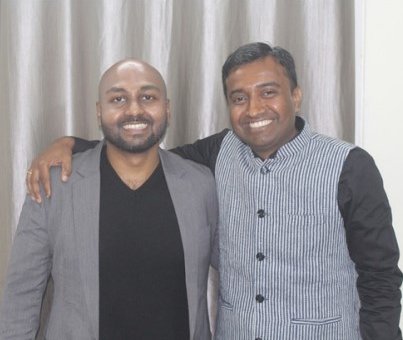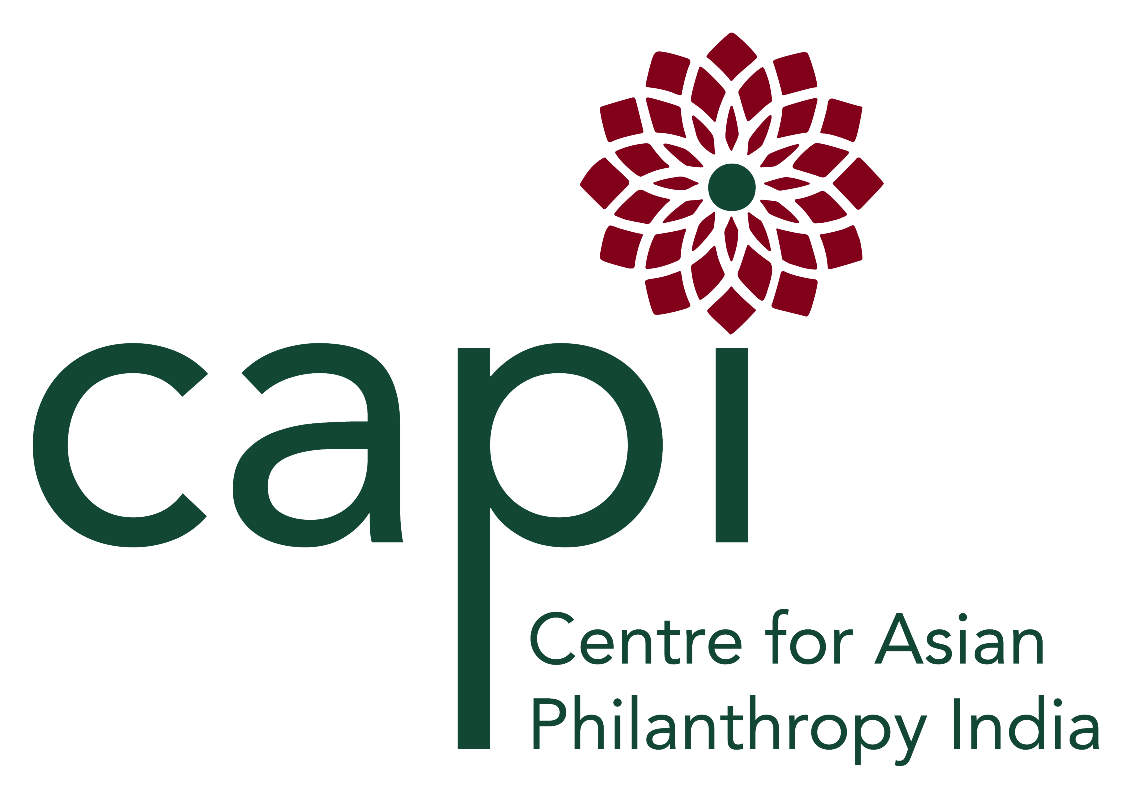
Praveen Kumar & Shubhendu Shekhar
Praveen Kumar and Shubhendu Shekhar are the co-founders of, LAW Foundation, a non-profit in Patna, Bihar. LAW Foundation works towards prisoner interest litigation and facilitates socio-legal aid services, including mental health support to custodial populations, within the framework of the criminal justice system. Their work supports those incarcerated in prisons in Bihar to actualize their legal rights through legal representation, training, rehabilitation, reintegration, and advocacy.
CAPI interviewed LAW Foundation in 2023 to learn more about their work, and how philanthropy can play a role in supporting mental health within the framework of the criminal justice system in India.
Got a project?
We’re a team of creatives who are excited about unique ideas and help fin-tech companies to create amazing identity by crafting top-notch UI/UX.
CAPI: How did the idea for LAW Foundation originate, and what motivated you to set up a non-profit dedicated to socio-legal aid?
Praveen Kumar: The underpinning of LAW Foundation started with the ‘Criminal Justice Fellowship’ at the Tata Institute of Social Sciences, Mumbai. As a Fellow, I chose to work with the criminal justice system in Bihar. During the fellowship, I met Shubhendu who shared my views about the systemic challenges within the criminal justice system, including the overcrowding of prisons and the difficulty that vulnerable communities have in access to due process or justice. We realized that tackling these problems needed not just a legal approach, but a more holistic effort. Although we were individually involved in trying to make a difference, it became evident that we needed to pool our resources and create an organization that could amplify our impact.
After the ‘Liquor Law’ was enacted in Bihar in 2016, many people, particularly from low-income backgrounds, were locked up for minor offences. For instance, if someone has a substance abuse and addiction issue, they are imprisoned instead of being sent to de-addiction centers. In fact, in some cases, liquor production is their only source of livelihood, and it has been so for generations. With the new law they need to be given an alternate source of livelihood or income. Many of these communities are living in remote areas and are often unaware of the changes in the law.
Picture this: a person leading a normal life suddenly finds themselves behind bars due to a change in the law of which they are unaware. The emotional toll is immense. Moreover, during the pandemic, we witnessed a massive surge in detention numbers. We realized the need to be part of a larger ecosystem focused on improving the criminal justice delivery.
Our motivation comes from the point of view of prisoners who are yearning for assistance in the face of what we call “epistemic injustice.” Epistemic injustice is tied to issues of power, discrimination, and societal structures that perpetuate inequalities in terms of who gets to speak, who is heard, and whose knowledge is valued. Given our firsthand experiences with the caste hierarchy in Bihar pushed us to address socio-legal issues head-on.
CAPI: That is truly inspiring. How does LAW Foundation intervene?
Shubhendu Shekhar: A sizable portion of the custodial population belongs to socio-economically marginalized communities. This is where the LAW Foundation steps in, addressing the barriers these communities face in accessing justice.
Our legal-aid services empower them to represent their case in court, and advocate for their constitutional rights. This is crucial because it can help someone from languishing in prison for years without any recourse. For instance: Ram (name changed) a 20-year-old young offender from Bihta in Bihar, was arrested for allegedly stealing an iron rod in 2022. Prior to this, he was an auto-rickshaw driver.
Our mental health support social worker offers support through empathetic interactions with him. We undertook a detailed inquiry into his case and family background. A visit to his home, helped us discover that drug addiction had adversely affected his health and behavior. His mother told us that he had suicidal thoughts and tendencies in the past. Additionally, a critical gap we identified was that his family simply did not know what steps to take next for his release.
We filed a bail application, which was successfully granted. The last step is currently under process. His family members must come to court and furnish the bail bond. This will lead to Ram’s release after an extended period of incarceration.
Given his family’s socio-economic condition, we have extended our support by providing them with essential dry ration kits. We hope to work with the family to ensure that Ram can rebuild a life. Our aim is to ensure that he does not relapse into criminal activities.
Our approach involves not only legal intervention but also a holistic understanding of his living conditions and context. By providing mental health and social support services alongside legal aid, we want to break the cycle of adversity that these families face. It is a multifaceted effort to secure justice and improve the overall wellbeing of those at the margins of society.
CAPI: What are some of the other interventions that the LAW Foundation is undertaking?
Praveen Kumar: Our initiatives cover a spectrum of needs. Apart from legal aid, we have the ‘Child Legal Aid Programme (CLAP)’ for juveniles and ‘Project POWER’ for rehabilitation and reintegration back into society. Project Power specifically prioritizes welfare entitlement rights for our target community.
We recently initiated a listening circle as part of our mental health intervention, we have started with women inmates aged 18–25, in prison for the first time. Recognizing the emotional challenges faced by them after entering the criminal justice system, this intervention aims to provide a space for open communication and emotional support. With this initiative, we observed positive behavioral changes not just among the prisoners but also within the prison staff. Regular counseling within the Listening Circle has potential to significantly enhance the chances of rehabilitation. We are also introducing a peer support system that involves providing drug de-addiction training, fostering an empathetic and understanding environment.
LAW Foundation has also reactivated connections between prisons and other government agencies like deaddiction centers and psychiatric hospitals. These institutions play a primary role in our efforts. Our programs extend to drug de-addiction and mental health awareness in jails, which we have implemented across various district prisons in Kulwadi, Masaurhi, Danapur, and Beur in Bihar.
CAPI: How can philanthropy play a role in improving the criminal justice system? Where can they make the most significant difference?
Shubhendu Shekhar: We have our share of challenges working with the legal system – maintaining a rapport with changing prison authorities, the court staff’s reluctance to provide timely case materials often delays our work and support to the individuals. Improvement of criminal justice delivery faces a significant funding gap. We do need a lot more support to prevent dehumanization in legal processes.
Philanthropic organizations can support non-profits working to create a fair and just legal system that recognizes the dignity of every individual, irrespective of their legal status. Addressing these gaps requires providing resources, education, and representation to the disadvantaged.
Aiding the rehabilitation and reintegration of individuals will enable our society at large. Our organization requires support to build capacity and enhance our team’s skills for more effective interventions and services. Philanthropy can significantly impact criminal justice delivery in Bihar. We also seek donor backing for advocacy and awareness initiatives, instrumental to amplifying our voice, reaching a broader audience, and advocating for policy change.
